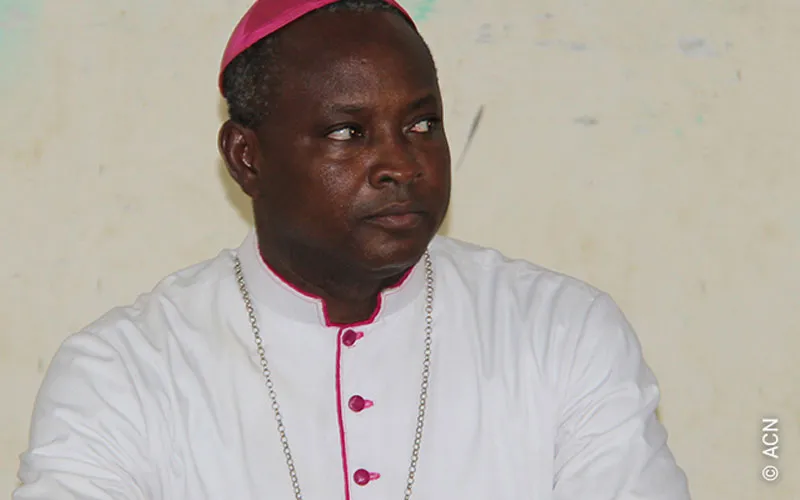Ouagadougou, 25 February, 2021 / 8:26 pm (ACI Africa).
A Catholic Bishop serving in Burkina Faso has, in an interview, acknowledged the faith, the “perseverance and resilience” of the people of God in the West African nation amid threats of insecurity arising from the Sahel crisis.
“Our faithful have a great spirit of perseverance and resilience. They continue to live their faith, whatever the cost,” Bishop Laurent Birfuoré Dabiré of the Diocese of Dori has been quoted as saying in the Wednesday, February 24 interview report by Aid to the Church (ACN) International.
Since 2015 when the insecurity crisis began, “Not once have we heard of any case of desertion, abandonment or apostasy,” Bishop Dabiré whose Diocese is located in Northern Burkina Faso, which is part of the Sahel region, says in the report obtained by ACI Africa.
According to the Bishop who doubles as the President of the Episcopal Conference of Burkina Faso and Niger (CEBN), “The faithful are fleeing the terrorism, which they are powerless to resist, but they are keeping their faith. Even when the terrorists have threatened people, trying to force them to convert, they have not succeeded.”
“The people have simply fled, bringing their faith with them.” The Burkinabé Bishop adds.








